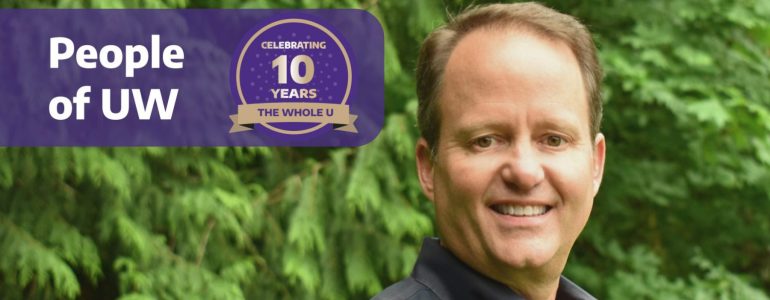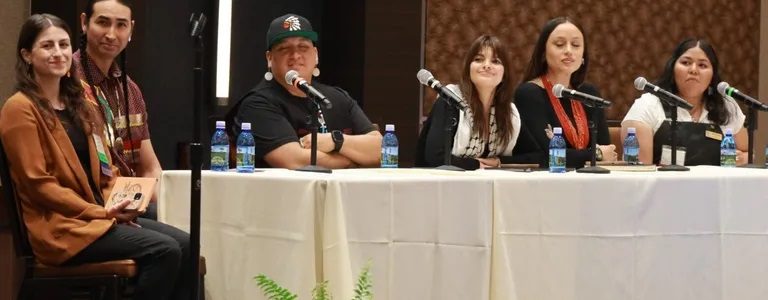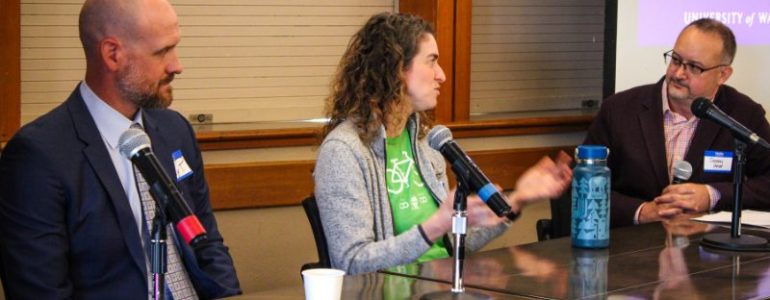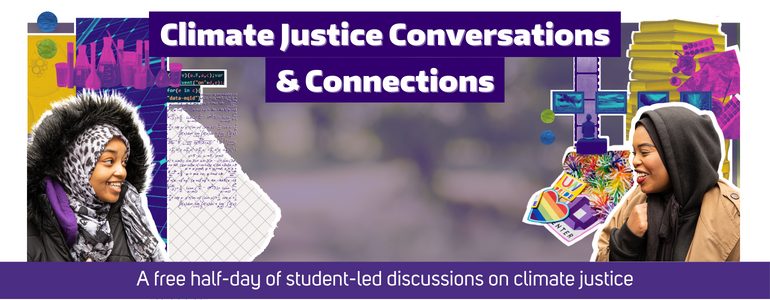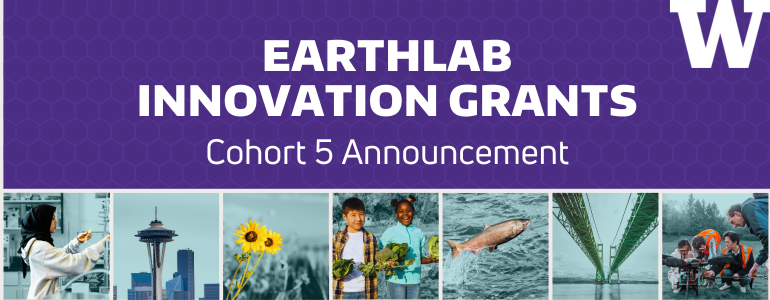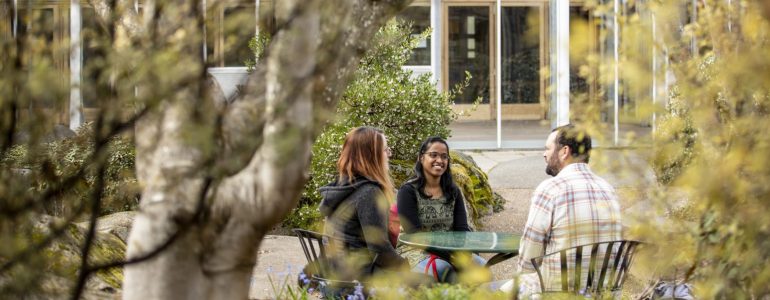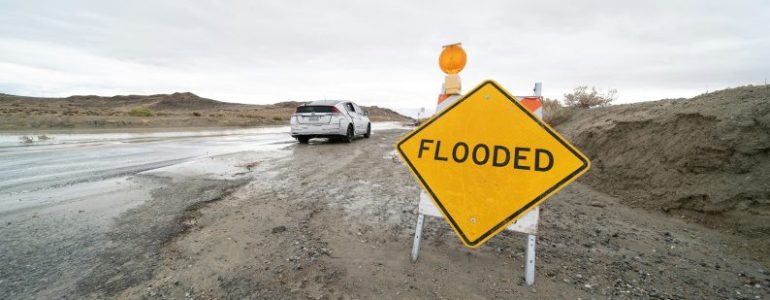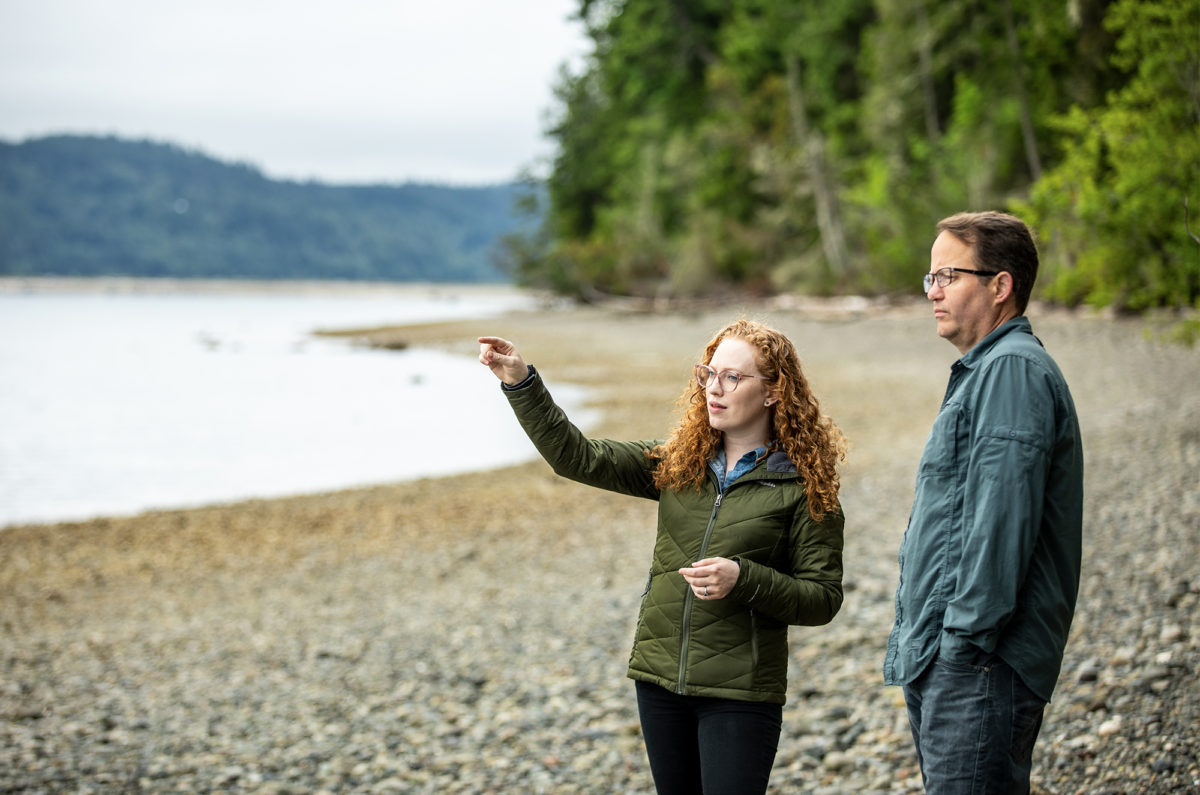EarthLab News
NW CASC Researchers and Collaborators Publish New Study on Centering Socioecological Connections to Collaboratively Manage Post-Fire Vegetation Shifts
A new, NW CASC-supported study describes the types of information, coordination and values needed to manage post-fire vegetation shifts ethically and effectively as they become more common in the face of climate change.
Read moreBen Packard leads EarthLab’s efforts to connect UW resources to community action addressing the threats — and inequities — of climate change
Identifying the root cause of the climate crisis is simple enough. Finding solutions? Not so simple. It requires enormous creativity, commitment and collaboration, often among traditional antagonists in the public, private and nonprofit sectors.
To foster these ad hoc collaborations, there is UW EarthLab, a transdisciplinary institute within the College of the Environment that is connecting the diverse research expertise and student energy of the University of Washington to community-driven initiatives mitigating the effects of and building resilience to climate change—with a focus on climate justice.
Read moreTribal leaders host summit to share climate change stories, solutions [Seattle Times]
Meade Krosby, a senior scientist at the University of Washington Climate Impacts Group, and Amelia Marchand, a citizen of the Colville Confederated Tribes and the senior tribal climate resilience liaison at affiliated tribes and the Northwest Climate Adaptation Science Center, led a discussion on a project they are co-leading to support climate readiness of Northwest coastal tribes.
Read moreUW stakeholders discuss climate change and healthcare in inaugural symposium
Healthcare leaders and stakeholders within the University of Washington came together last Thursday in the first-ever climate change symposium to discuss how the climate crisis impacts health systems.
The event, sponsored by the University of Washington School of Medicine, UW Center for Health and the Global Environment (UW CHanGE) UW EarthLab, and UW Sustainability, offered a full day of learning in areas like disaster preparedness and changes in clinical practice. The Department of Emergency Medicine’s Drs. Stefan Wheat and Jeremy Hess were instrumental in the planning of the symposium.
Read moreJoin EarthLab April 25 for Climate Justice Conversations and Connections
EarthLab presents an inclusive gathering focused on climate justice and community building. Across the Seattle, Bothell, and Tacoma campuses, University of Washington students actively engage in vital discussions about climate change and its profound implications for social justice. Now, we invite UW undergraduates from all campuses to unite for a transformative half-day event at the Husky Union Building.
This free event is a platform for grassroots conversations to build a stronger climate community, where student voices take center stage.
UW EarthLab Announces 2024-25 Innovation Grants Projects for Climate & Social Justice
UW EarthLab awards $400,000 to develop actionable research at the intersection of climate change & social justice, making a positive impact on people’s lives and livelihoods
March 28,2024
Today EarthLab announced that five community-centered teams have been selected for the 2024-25 Innovation Grants program. Each team will receive $80,000 to research and develop new and actionable knowledge on community-driven projects at the intersection of climate change and social justice.
Apply Now: EarthLab Member Organization CIG is Hiring a New Research Scientist
Do you have a background in the social sciences and a passion for climate or environmental justice? Apply to join the Climate Impacts Group team!
The Climate Impacts Group is hiring a research scientist to support climate justice research and outreach through the Northwest Climate Resilience Collaborative. This position will contribute to a body of work that focuses on moving climate adaptation and climate justice into an implementation space. The research scientist will help create case studies and synthesis reports related to climate justice, community-based research and projects within the Northwest Climate Resilience Collaborative. Additionally, this position will support the development and logistics of a climate justice summer institute and other projects.
Read moreEarthLab Presents: Visual Arts Contest
I have always wanted my art to service my people — to reflect us, to relate to us, to stimulate us, to make us aware of our potential. We have to create an art for liberation and for life” – Elizabeth Catlett
EarthLab is excited to announce our first-ever UW Undergraduate Art Competition! This is your opportunity to participate in one of the original forms of human expression through art by creating an original piece of art that answers the question: What does environmental and/or climate justice mean to you and your community?
Apply Today! Science Justice Summer School
Are you a grad student or postdoc interested in applying climate and environmental justice frameworks in your work? Consider applying to the Northwest Climate Resilience Collaborative’s first-ever Science Justice Summer School! This two-week program will dive into a range of justice-related topics through lectures, discussion groups and more. Applications close Monday, March 4 at 11:59 p.m.
The Science Justice Summer School will run from July 10-24, 2024, on the University of Washington campus in Seattle. The summer school is open to second-year master’s students, Ph.D. students, and postdoctoral fellows from Science, Technology, Engineering, and Math (STEM) fields as well as those in the social sciences and humanities.
Read moreEl Niño shows us the true face of climate change
Though the El Niño period we’re in is natural and relatively predictable, its impacts on the global environment and economy have been significant — from sweltering heat in Australia to deep freezes across the southern U.S. El Niño may be giving us a glimpse of what’s to come if climate change is not soon curtailed. Nick Bond and Karin Bumbaco from the Office of the Washington State Climatologist (an EarthLab member organization) quoted.
Read more
